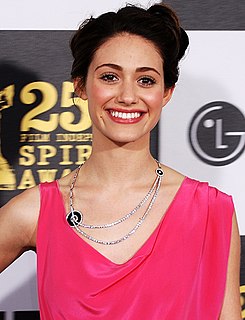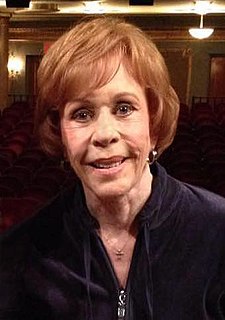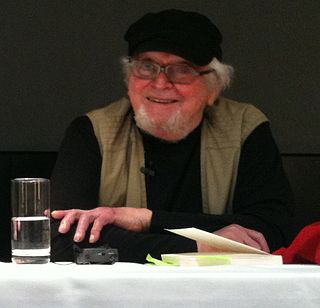A Quote by A. S. Byatt
I always say I write my own novels and the characters don't take control of me, but in fact, I look at the characters in the early stages and I think, 'What is he or she like,' and they slowly come together and they become the person they are.
Related Quotes
I think at some level, it's just alchemy that we, as writers, can't explain when we write the characters. I don't set out to create the characters - they're not, to me, collections of quirks that I can put together. I discover the characters, instead. I usually go through a standard set of interview questions with the character in the beginning and ask the vital stuff: What's important to you? What do you love? Hate? Fear? .. and then I know where to start. But the characters just grow on their own, at a certain point. And start surprising me.
The writer must always leave room for the characters to grow and change. If you move your characters from plot point to plot point, like painting by the numbers, they often remain stick figures. They will never take on a life of their own. The most exciting thing is when you find a character doing something surprising or unplanned. Like a character saying to me: ‘Hey, Richard, you may think I work for you, but I don’t. I’m my own person.’
When I write fiction, I have the illusion of being able to control these fictional worlds and these characters, and to make them say what I want them to say. Of course, the problem is that it is an illusion, and by the end of it you realize that you're not in control of it at all; the characters have taken over, and they're driving the vehicle.
If you get the characters right you've done sometimes nearly half the work. I sometimes find I get the characters right then the characters will often help me write the book - not what they look like that's not very important - what people look like is not about their character. You have to describe the shape they leave in the world, how they react to things, what effect they have on people and you do that by telling their story.
Ultimately, any character you write - no matter how fantastic or alien - is an extension of yourself. When our characters reflect the truth of our souls and psyches, they become real and compelling. The wonderful paradox is that the characters then take on lives of their own, separate from their creators. That's where the magic comes in.
In terms of the characters, I definitely do look for somebody that I think people can learn from and I can learn from too. In one way or another, by the fact that they are a role or by that fact that they aren't a role model. I feel like I was attracted to the past few characters that I've played, because they have an element that really touched my heart.
It's easy to feel like you don't have any control over yourself or your life or your body as a teen - everything is changing so fast, and a lot of it feels so outside of your power. I think that's why a lot of teens form really strong attachments to fictional characters or celebrities, draw their own characters or write themselves into fan fiction.
Some TV shows are like really good novels in that there are enough episodes that you start to have your own feelings about how the characters should act. When the scriptwriters go slightly wrong, when they make the character make a left turn that he or she wouldn't do, you know enough about the characters to say, "No, that's not what she would do there. That's wrong." You can actually argue with a TV show in a way that you can't do as much with movie - you inhabit a TV show in the way you inhabit a novel.
When I write a book, I don't have a plan or an outline. The characters move the action, and the action develops the characters. When I write a book, I become an actor, really, taking the role of the person who is speaking or acting at the time, and so their reactions to whatever they see are my reactions.







































